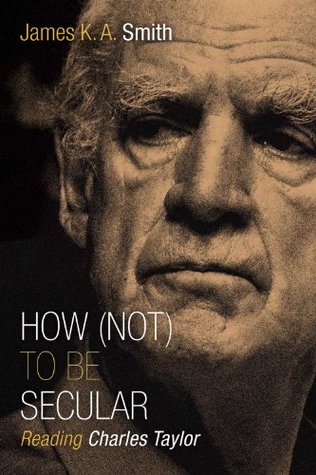What passes for “atheism,” he observes, is still a mode of worship, “a kind of anti-religious religion, which worships reason, skepticism, intellect, empirical proof, human autonomy, and self-determination.” But the narrator is not ready to convert to the gospel of immanence. To the contrary, “the fact that the most powerful and significant connections in our lives are (at the time) invisible to us seems to me a compelling argument for religious reverence rather than skeptical empiricism as a response to life’s meaning.”27 This too is haunted: by the sense that we’re just making this up, that
...more
Welcome back. Just a moment while we sign you in to your Goodreads account.


